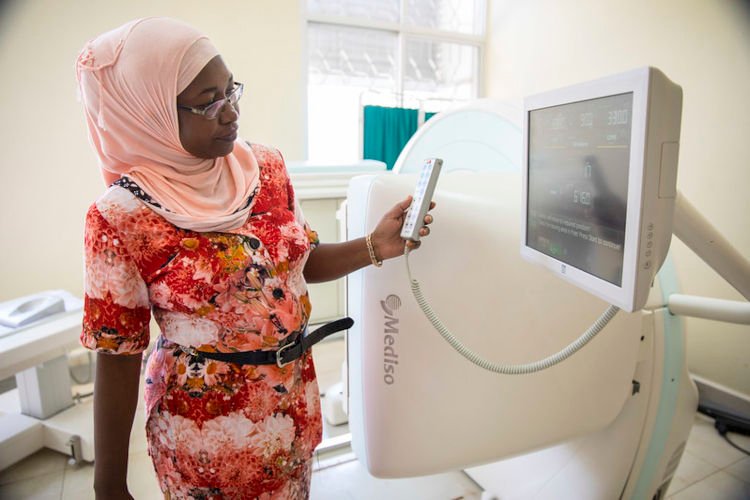Second Vice-President Hemed Abdulla’s reaffirmation of Zanzibar‘s commitment to equitable healthcare will remain just words without tangible, lasting improvements for all.
Development Diaries reports that Abdulla reaffirmed the government’s commitment to ensuring that all citizens receive equitable and high-quality healthcare services through skilled medical professionals and modern healthcare equipment.
While the government has made commendable strides in disease diagnostics, intensive care, and digital health transformation, significant gaps that demand urgent attention remain.
The government’s focus on expanding healthcare access through infrastructure development is essential, yet the shortages of qualified specialists and the underdeveloped digital infrastructure pose serious threats to service efficiency.
For instance, the World Health Organisation (WHO) recommends a doctor-to-patient ratio of 1:1,000, yet Zanzibar struggles to meet this standard, with reports indicating far fewer medical professionals per capita. This deficiency exacerbates waiting times, service quality, and patient outcomes.
Additionally, while digital transformation is lauded as a solution for efficient healthcare management, reports from the Ministry of Health indicate that many rural health centres still lack stable internet connectivity, limiting the effectiveness of electronic medical records.
Without urgent investments in digital infrastructure, Zanzibar risks lagging behind in its ambitious healthcare digitisation goals.
To bridge these gaps, the government and stakeholders need to move beyond policy declarations and take decisive action, including allocating more funding to medical training institutions to produce more well-trained doctors, nurses, and specialists.
The government should also provide incentives such as competitive salaries, housing, and professional development opportunities to retain healthcare professionals in Zanzibar.
Development Diaries calls on the Tanzanian government, especially Zanzibar’s Eighth Phase Administration, to ensure that its healthcare reforms do not remain rhetoric but translate into meaningful changes in people’s lives.
We also urge the people, civil society organisations, and media to hold leaders accountable by demanding transparency in healthcare spending, data-driven policymaking, and measurable progress in healthcare equity.
Photo source: IMF






